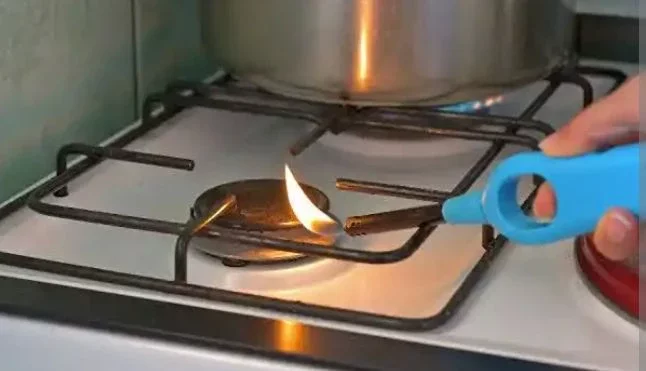
Handling cooking gas requires utmost caution to prevent potential hazards. One critical mistake is neglecting gas leaks. A small leak can lead to a dangerous buildup of gas, increasing the risk of an explosion. Regularly check for leaks by applying a soapy solution to the gas connections; bubbles indicate leaks that need immediate attention.
Improper storage is another common error. Keep gas cylinders in well-ventilated areas away from direct sunlight and heat sources. Avoid storing cylinders in enclosed spaces, as this can lead to gas concentration, escalating the danger of an explosion.
Using damaged or outdated gas hoses poses a significant risk. Regularly inspect hoses for cracks, wear, or other damage, and replace them promptly. Similarly, using outdated or poorly maintained gas regulators can compromise safety, so ensure regular checks and replacements.
Neglecting proper shut-off procedures is a grave error. Always turn off the gas supply at the cylinder valve when not in use, especially before leaving the kitchen or at night. This simple practice significantly reduces the risk of a gas-related incident.
Inadequate ventilation is often overlooked. Ensure proper airflow in the kitchen to disperse gas fumes. Cooking in enclosed spaces without ventilation can lead to gas accumulation, heightening the potential for an explosion.
Remember, safety comes first when dealing with cooking gas. Regular checks, prompt repairs, and adherence to proper usage guidelines are crucial to preventing cooking gas-related accidents and ensuring a safe cooking environment.

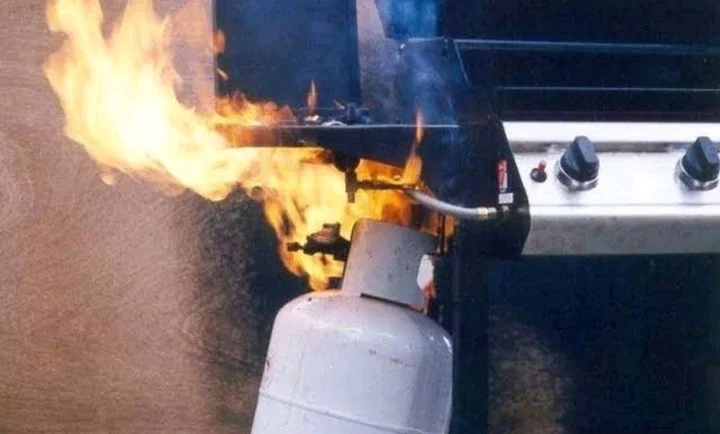
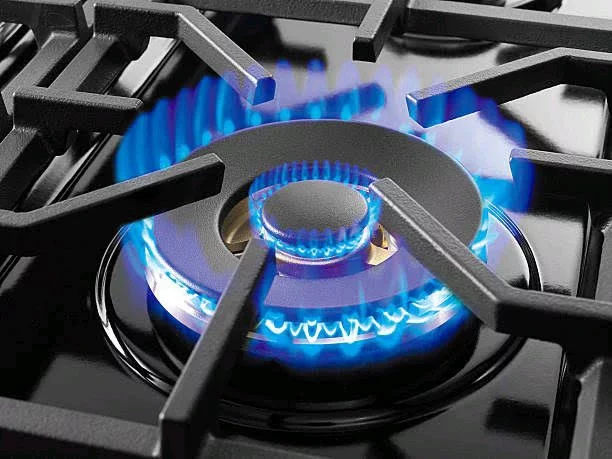

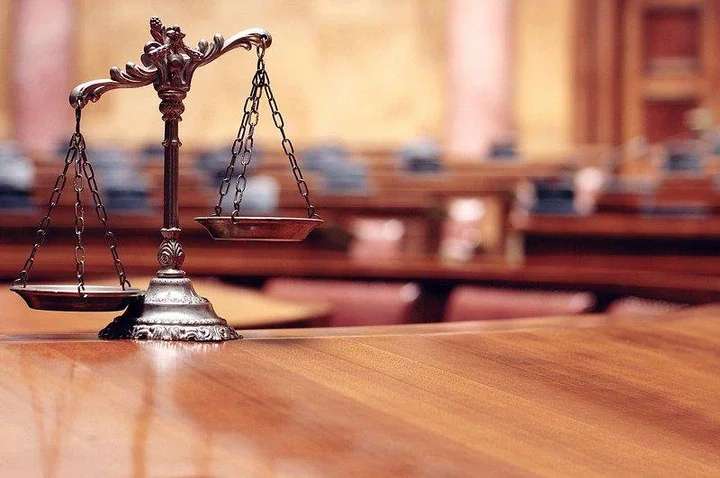

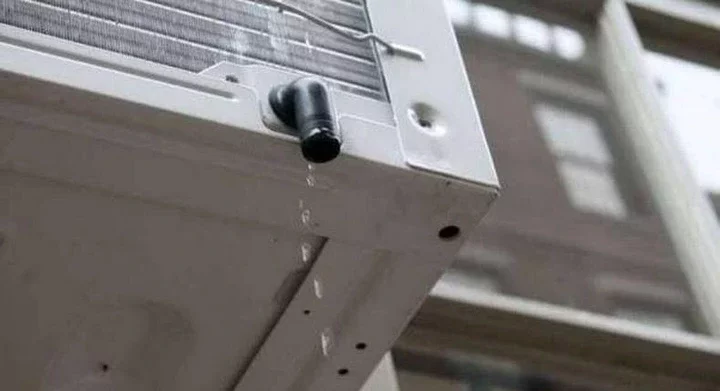



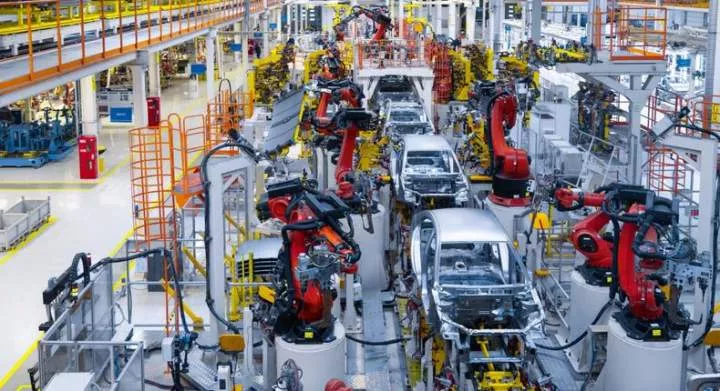
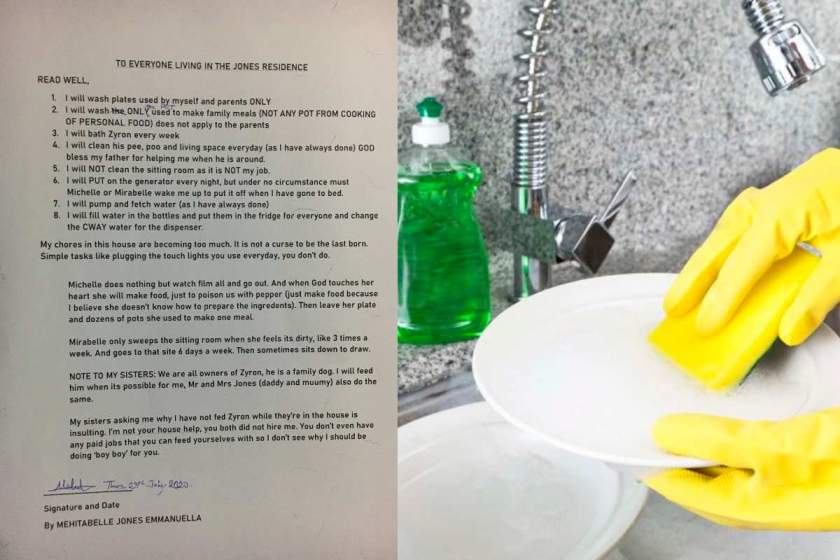



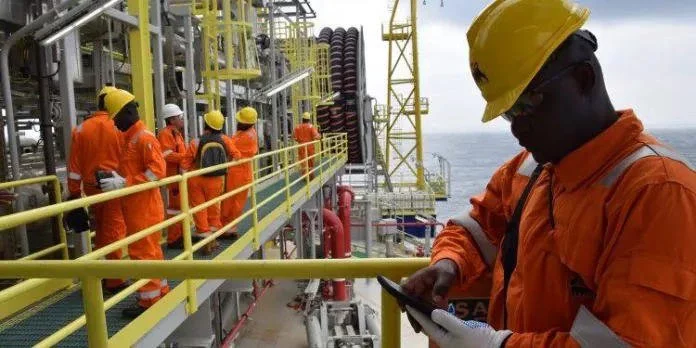


Comments